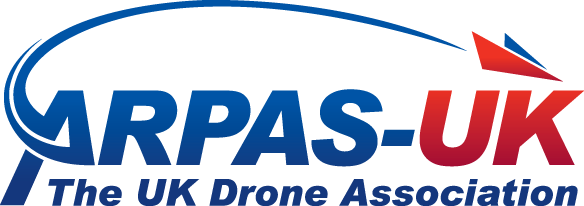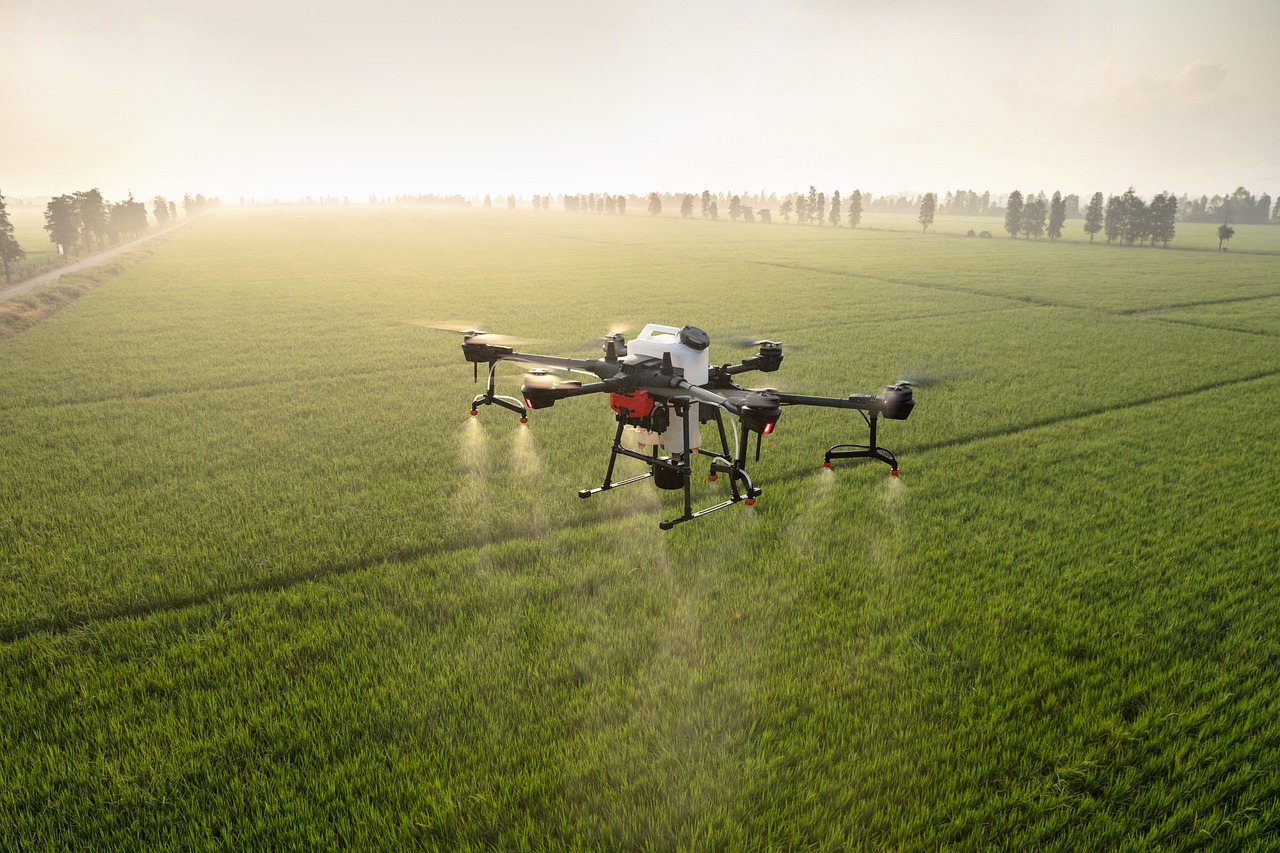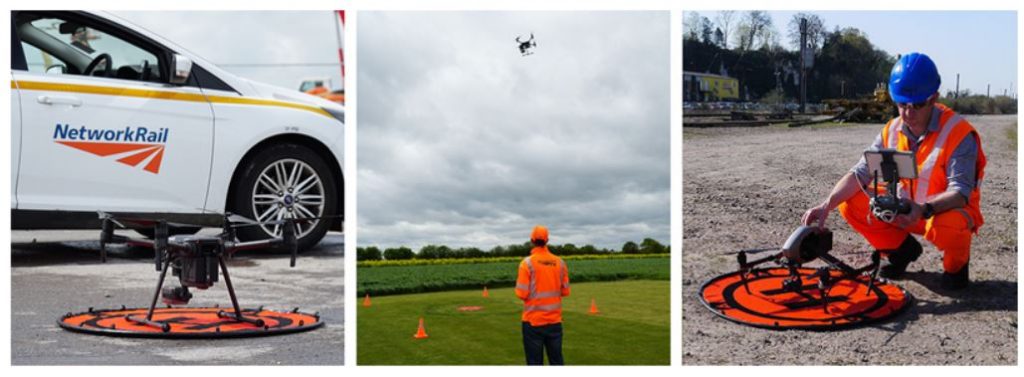London, United Kingdom (UK), Tuesday, 23rd February 2021 – Argyll & Bute Health & Social Care Partnership (HSCP) has begun carrying COVID test samples and other medical materials on drone delivery flights between medical facilities in the Argyll & Bute region. Following a proof-of-concept phase last year, the three-month initiative, which aims to help improve COVID-19 related logistics to and from remote locations, has now been expanded and is fully operational.
The delivery drones, operated by the logistics arm of advanced air mobility company Skyports, will carry up to 3kg of critical medical supplies up to 40 miles. Cargo to be carried will include COVID-19 and other test samples, medicine, essential personal protective equipment (PPE) and COVID-19 testing kits. In a UK first, Skyports has become the first operator to receive permission by the UK Civil Aviation Authority (CAA) to carry diagnostic specimens by drone.
Using delivery drones, access to hard-to-reach areas can be improved, significantly increasing the speed of transport and reducing times in some areas of the Argyll & Bute region from up to 36 hours for a road and
ferry journey to 15 mins, while also increasing the frequency of pick- ups.
The drone delivery service will initially operate between Lorn & Islands Hospital in Oban, Mid-Argyll Community Hospital in Lochgilphead, Easdale Medical Practice in Clachan Seil and the Mull & Iona Community Hospital in Craignure.
Both a scheduled service and an on-demand service will be run, with orders able to be placed by NHS staff through an online system developed by digital consultants Deloitte. Skyports will be using the Swoop Aero drone-powered logistics platform. The vehicles will be controlled from the Skyports Operations Centre in Oban and fly automatically along predefined routes. Communication between the drone and the ground control station will be provided by Vodafone’s 4G network and satellite communications to ensure connectivity coverage is provided at all times.
The project has been funded by a joint initiative between the UK Space Agency (UKSA) and European Space Agency (ESA) Space Solutions to utilise space-enabled technology and services that can support the NHS. This project follows a successful proof-of-concept conducted by Argyll & Bute HSCP in 2020 between Lorn & Islands Hospital and Mull & Iona Community Hospital.
Duncan Walker, Chief Executive Officer at Skyports, said: “Using drone deliveries within supply chains can create significant time and cost savings. This initiative is a natural progression from our recent trials with the NHS in Scotland as we scale our operations, supporting a wider network of hospitals and medical practices as they continue to respond to the COVID-19 pandemic.
“The experience from this important initiative will put us another step closer to permanent operations from which we hope more NHS facilities could soon benefit. This project underscores the viability of drone technology as a practical way to move goods.”
Stephen Whiston, Head of Strategic Planning for Argyll and Bute Health and Social Care Partnership, said: “Argyll and Bute HSCP is delighted to once again be at the forefront of using this innovative technology to assess how unmanned drones can enhance our logistics operations and improve services for patients and clinicians in some of our most remote and island communities. This three-month project working with Skyports will provide critical evidence on the real benefits this technology can bring to the NHS not only in Argyll and Bute but across Scotland.”
Skyports are an ARPAS-UK Member.
Website: www.skyports.net * Skyports on Twitter


 2nd Feb
2nd Feb

